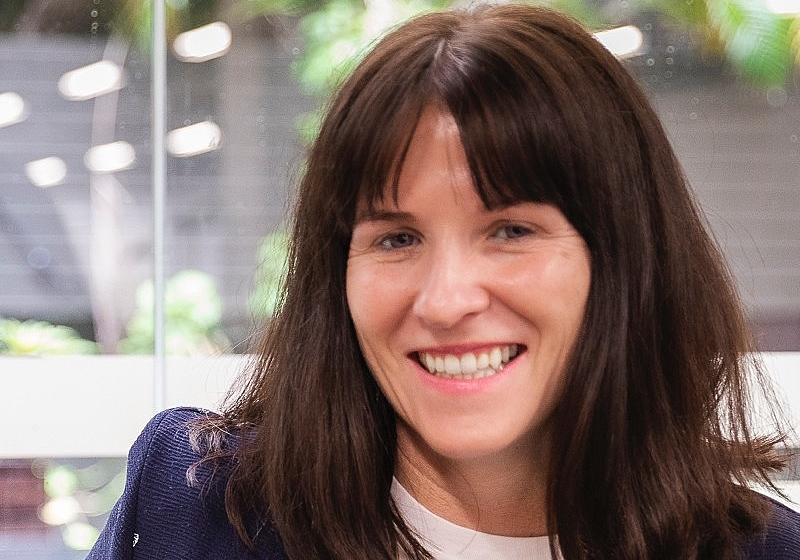
Constantinople founder Di Challenor
Great Southern Bank has enlisted startup banking platform provider Constantinople to build a digital lending and deposits service for small business customers.
Details of the bank’s expansion were revealed on Tuesday at the official launch of Constantinople in Sydney.
As reported in Banking Day last year Great Southern is also an investor in the technology start-up, having plied A$7 million of seed capital into the business.
“Constantinople has the potential to transform how banks operate today,” said Great Southern chief executive, Paul Lewis.
“We’re really excited to be their first banking client, leveraging their cutting-edge software and operating platform to offer something new – a digital first, customer-owned alternative in the SME space.”
Great Southern is believed to be targeting under-banked segments of the small business sector, particularly micro-businesses and independent tradespeople.
APRA data indicates that the bank’s presence in SME banking is small, with total loans of around $100 million and deposits of $518 million.
Constantinople is the brainchild of former Westpac senior executives Di Challenor and Macgregor Duncan who say they want to develop a software business with global impact based in Sydney.
In its startup phase, the company is focusing on developing a client base in its home market, with Challenor and Duncan acting as co-chief executives.
Duncan told Banking Day that Constantinople was currently in talks with a raft of “large and small” Australian ADIs with a view to eventually negotiating other deals.
There are two layers to the Constantinople offer.
The first is an infrastructure platform that provides banks with a front end portal and a suite of white-label digital loan and deposit products.
The second layer supports the underlying operational functions that banks typically perform, such as compliance, customer onboarding, fraud control, payments and regulatory reporting.
Lending decisions can be automated by the company’s proprietary system and configured to suit the risk appetite of client banks.
The company’s business case is founded on a promise to slash the cost bases of banks that decide to adopt Constantinople’s proprietary technology and process functions.
“Every bank in the world spends significant time and money on infrastructure and manual operations which are undifferentiated with customers,” Duncan said.
“Constantinople fully manages and automates all those critical but undifferentiated parts of banking for a fraction of the current cost.
“This means our clients can focus on the things that matter for their customers and their business.”
Challenor said the overriding aim of Constantinople was to liberate banks from operational complexity.
“Bank executives want to spend more time managing their balance sheets, liquidity and risks.
“But instead they spend time managing complex infrastructure and operations, and worrying about operational and compliance risks.
“Constantinople’s platform frees banks from this operational complexity.
“Constantinople does the heavy-lifting, so that banks can focus on what’s most important.”
In the last 12 months Challenor and Duncan have recruited a team of 60 full time staff, most of who have been engaged in engineering the banking platform and building the digital product set.
A group of regulatory experts have also joined the company, with former ASIC chair James Shipton also advising on product compliance.
Constantinople last year raised $32 million in seed capital with backing from local venture capital funds, Square Peg and AirTree.
Square Peg principal Paul Bassat is a foundation member of the board, along with Challenor and Duncan.
Constantinople shapes as a material threat to the dominance of companies such as Ultradata and Fiserv in the provision of core technology services to customer-owned banks across the country.
The prospect of lowering back office and operational costs is bound to attract interest in the platform from a raft of regional ADIs, which have to pay premium salaries to recruit compliance experts and other banking specialists to rural areas.
Duncan said Constantinople could help crunch the overall compliance costs of regional banks and credit unions.
“Di and myself have been in finance services for a long time and we saw an opportunity to start a software-driven solution for banks struggling to overcome legacy systems,” said Duncan.
“We were astonished that a platform like this did not already exist, so we thought why not build it ourselves?”
Constantinople is expected to run a pilot of Great Southern’s new business banking service later this year.